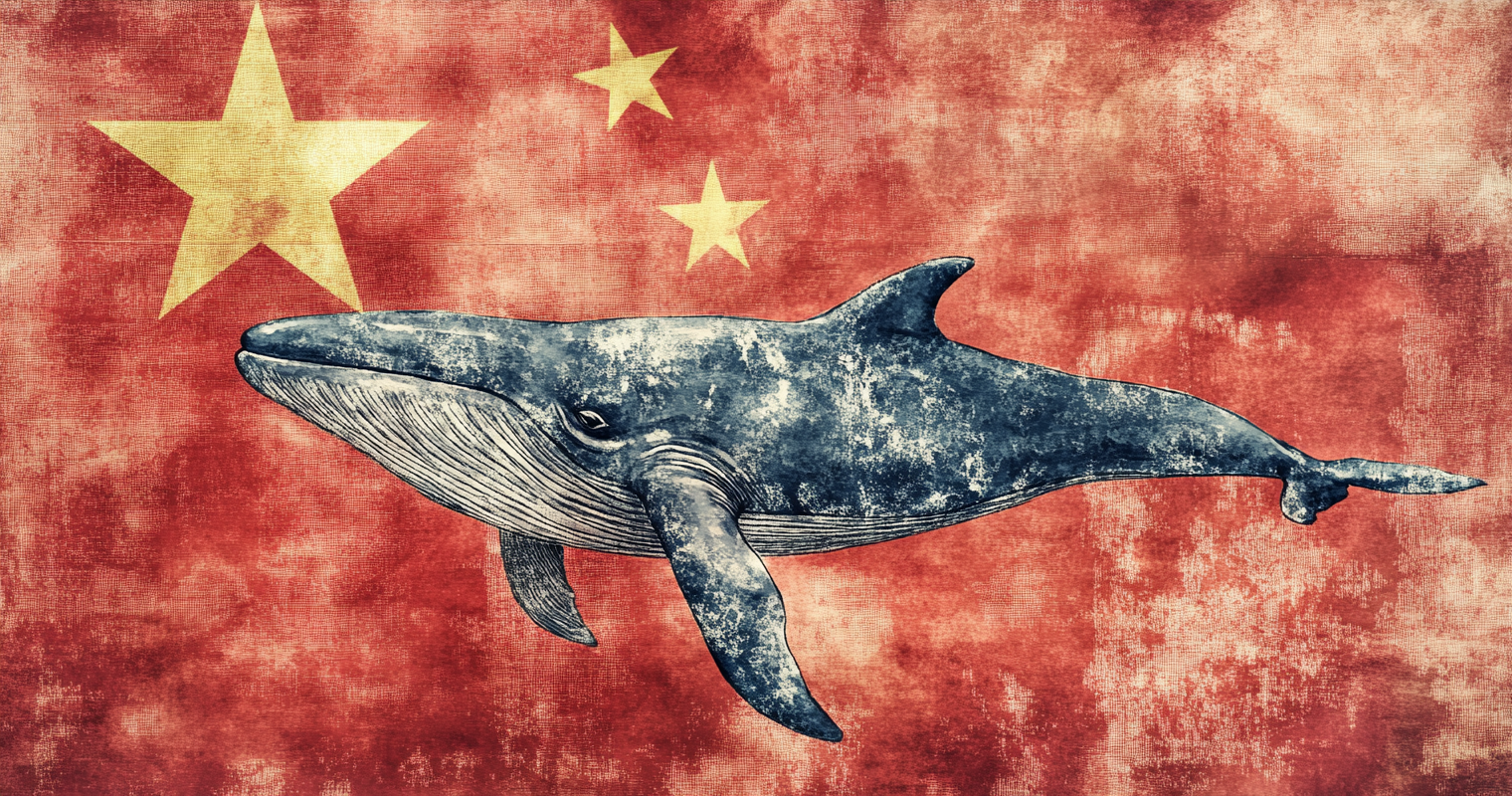Before DeepSeek released its R1 model last month, America’s long-term AI dominance felt like a sure thing.
DeepSeek is a Chinese startup, born from a hedge fund, that claims to have used a fraction of the computing power of US competitors while making an artificial intelligence model that rivals the best that Northern California’s labs have to offer. Critics have alleged that the company has been dishonest about claims it only spent $6 million training the model. But for anyone taking DeepSeek at face value, it has been a revelation that sent shockwaves not only through Silicon Valley but also through Wall Street and Washington.
The Biden administration spent the past few years clamping down on powerful US-made chips flowing into China, but evidently, DeepSeek figured out how to build a great model with a dearth of high-tech resources.
“It shines a spotlight on the limits of the US export control system,” said Xiaomeng Lu, geo-technology director of Eurasia Group. “Technology has evolved in a way that regulators failed to anticipate.”
“Necessity is the mother of invention” – that’s how Jack Corrigan of Georgetown’s Center for Security and Emerging Technology put it. “US efforts to hobble China’s AI sector created a need for Chinese developers to innovate a more efficient approach to AI.”
But DeepSeek’s impact goes beyond its own efficiency. It’s an open-source model, meaning its code is available for anyone to use and modify. “Due to the open-source nature of their model, it will be much harder to restrict access to it entirely,” said Valerie Wirtschafter, a fellow at the Brookings Institution. “The other more pragmatic question is whether Congress has the appetite for more whack-a-mole-style tech regulations, given the chaos that has unfolded since the passage of the TikTok ban.”
US government agencies such as NASA and the Navy have banned DeepSeek models on their devices, as did Congress, but there’s been no US effort to try and ban it more widely among the public, as Italy did on Thursday, citing unresolved data privacy concerns. And America’s top cloud providers, including Microsoft Azure and Amazon Web Services, have already added access to R1.
Justin Sherman, founder of Global Cyber Strategies, says that the Trump administration has a toolbox to “screen, restrict, and even expel non-US tech from the US tech supply chain on national security grounds,” particularly through the Commerce Department’s Information and Communications Technology and Services. Still, he cautions against letting “stock market temperaments, reductive China panic in Washington, and media overinflation of industry AI claims” steer nuanced policy decisions.
DeepSeek’s true threat is likely strategic rather than technical. “DeepSeek’s latest model raises the question of what happens if China becomes the leader in providing publicly available, freely downloadable AI models,” said Sam Winter-Levy, a fellow at the Carnegie Endowment for International Peace. “While the US is obsessed with the race to see who can build the single biggest and most powerful model, perhaps even artificial general intelligence, the Chinese might win the race to see who can build really useful and cost-effective models that will be used by people and companies around the world.” At a minimum, China’s overnight success has quickly leveled the playing field for US-China competition over technology.
Perhaps then the answer to DeepSeek requires a rethinking of what American dominance in AI really means. Banning any specific app or model would just be a Band-Aid on a bullet wound.
